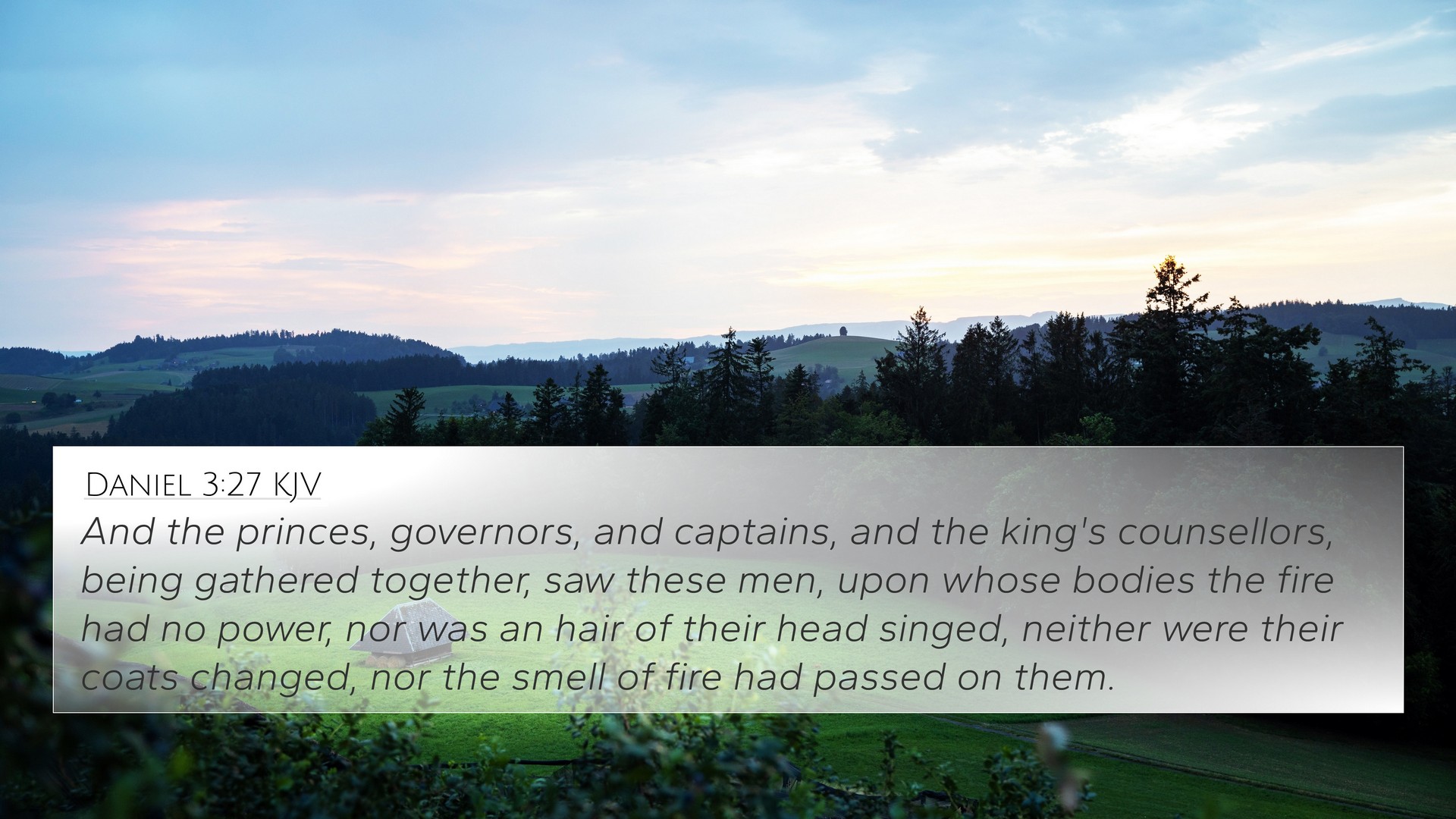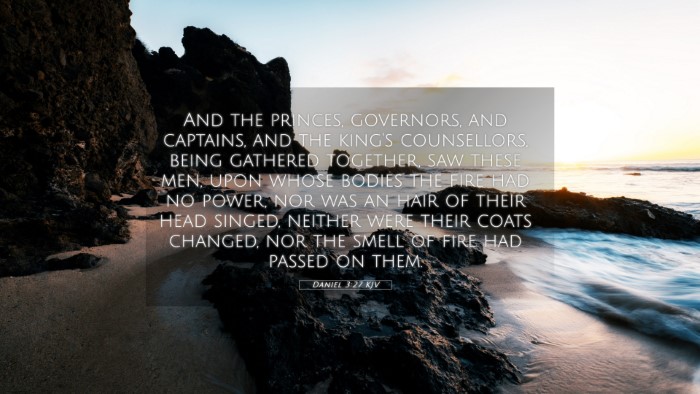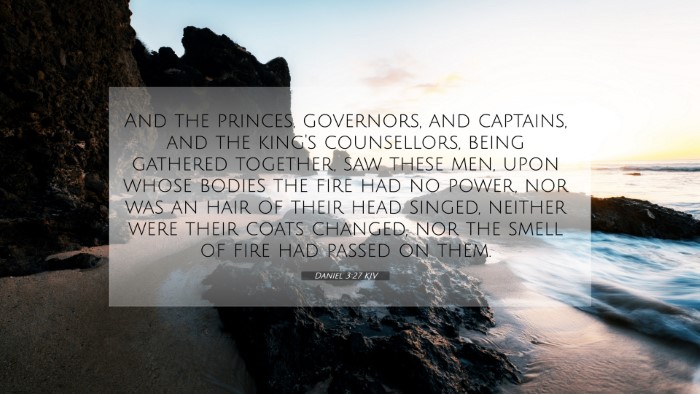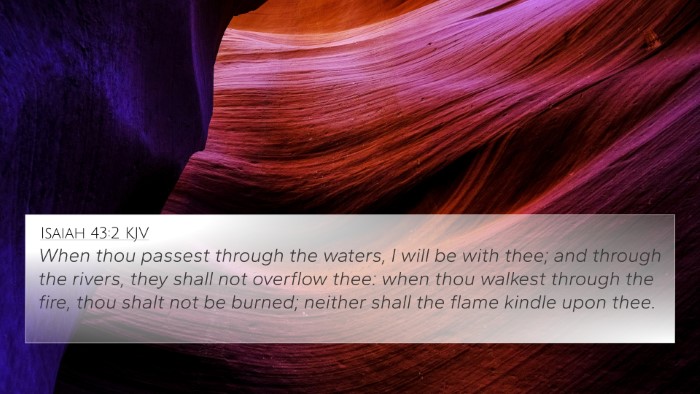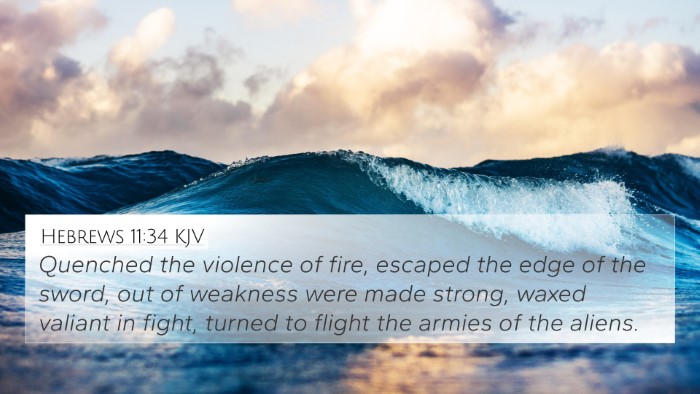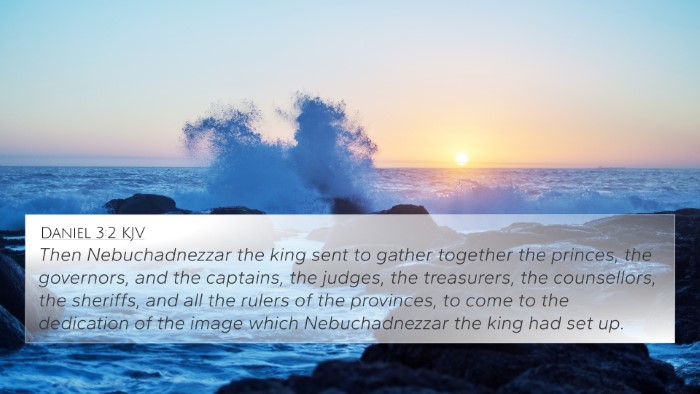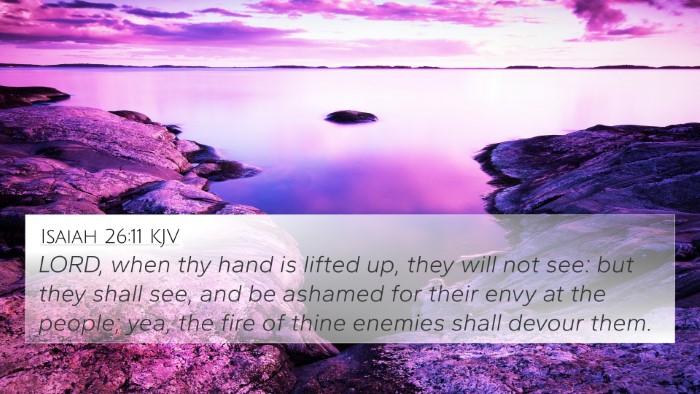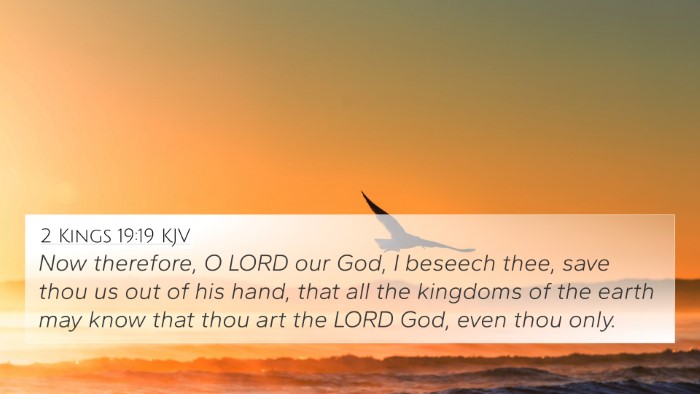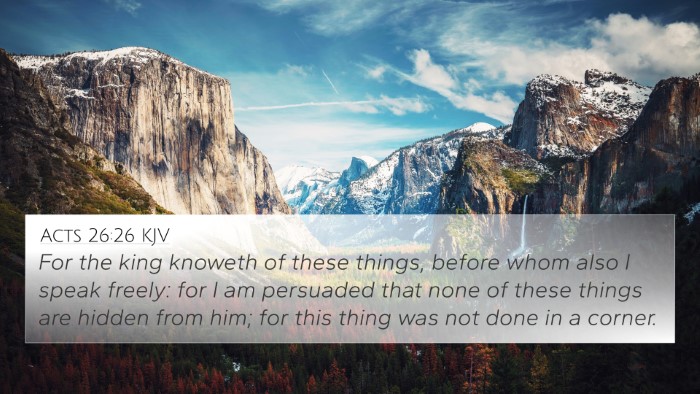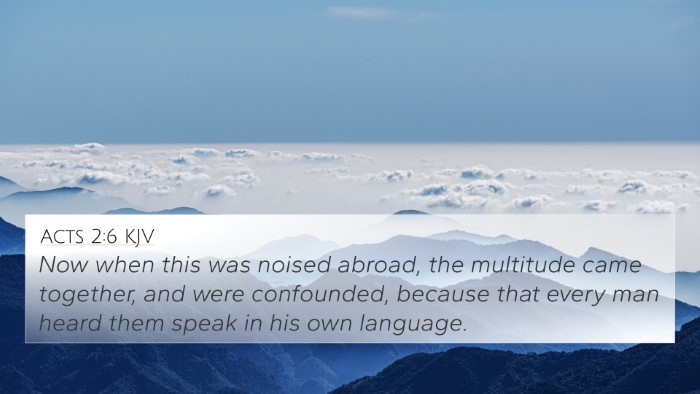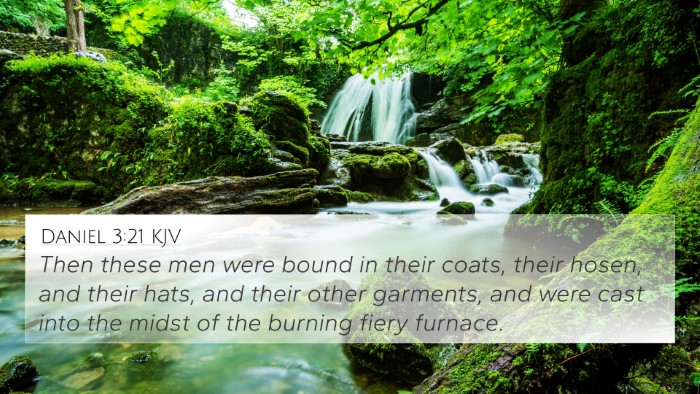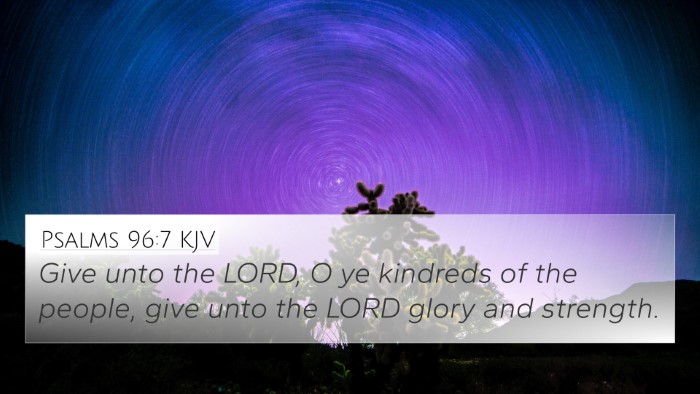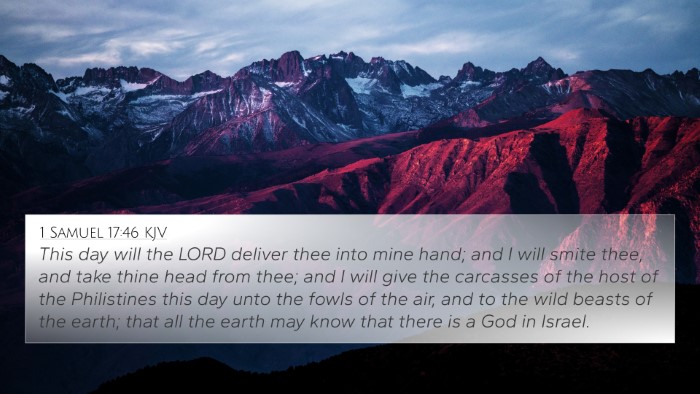Understanding Daniel 3:27
Daniel 3:27 recounts a remarkable moment when Shadrach, Meshach, and Abednego emerge from the fiery furnace unharmed, astonishing the onlookers, including King Nebuchadnezzar. The verse states, "And the satraps, prefects, governors and the king’s advisors gathered around them. They saw that the fire had not harmed their bodies, nor was a hair of their heads singed; their robes were not scorched, and there was no smell of fire on them." This miraculous occurrence serves as a powerful testament to God’s protection over His faithful servants, highlighting themes of divine intervention and unwavering faith.
Key Insights from Public Domain Commentaries
Matthew Henry's Commentary
Matthew Henry emphasizes the miraculous nature of the event, illustrating that God’s deliverance is not just physical but spiritual. He notes that Shadrach, Meshach, and Abednego's willingness to defy the king's edict in favor of God's commandments exemplifies a supreme faith that leads to divine protection. Their deliverance served as a public demonstration of God's sovereignty over all earthly powers, highlighting a key theme of the story.
Albert Barnes' Notes on the Bible
Albert Barnes focuses on the implications of their rescue. He remarks on the significance of the officials who witnessed the incident, suggesting that their response demonstrates a recognition of God's power. Barnes connects this event to God's faithfulness to His covenant people, assuring them of His presence even in trials. The lack of any physical evidence of the fire underscores the miraculous nature of the three men's protection.
Adam Clarke's Commentary
Adam Clarke elaborates on the symbolism of fire, representing trials and tribulations. He interprets the unscathed appearance of the three men as a metaphor for enduring trials through faith. Clarke notes how the entire event served to glorify God, explaining that the king’s reaction reveals an acknowledgment of the true God in contrast to the pagan deities of Babylon.
Exploration of Themes in Daniel 3:27
The narrative encapsulated in Daniel 3:27 evokes several core biblical themes:
- Divine Protection: The miracle serves as a reminder that God protects His servants in times of distress.
- Faithfulness in Adversity: The unwavering faith of Shadrach, Meshach, and Abednego illustrates the strength found in relying on God amidst challenges.
- God’s Sovereignty: The response of the officials and the king underscores God's ultimate authority over human affairs.
- Witness and Testimony: The miraculous survival becomes a testimony to others about God’s greatness.
- The Revelation of God's Nature: The absence of harm signifies God's power to intervene in human circumstances.
Bible Cross-References for Daniel 3:27
Examining Daniel 3:27 reveals connections to several other biblical verses that bolster understanding of its themes:
- Isaiah 43:2 - A verse that assures believers of God's presence through fire and adversity.
- Hebrews 11:34 - Highlights the faith of those who were delivered from fire, connecting OT narratives to NT faith.
- Psalms 91:15 - Expresses assurance of God's deliverance in times of trouble.
- Exodus 3:2 - God's presence in the form of a burning bush demonstrates His sovereignty over fire.
- Revelation 20:14 - Uses fire to illustrate judgment, contrasting the deliverance in Daniel.
- Matthew 10:29-31 - Jesus speaks of God's awareness and care, which correlates with the protection seen in the furnace.
- Jeremiah 39:18 - Assurance of deliverance, connecting with the theme of God's providential care during hardship.
Conclusion
Daniel 3:27 stands as a profound narrative of faith and divine intervention amidst trials. In the context of the challenges faced by believers, this verse serves as a pivotal reminder of God's ever-present protection and sovereignty. The interconnections within scripture further illuminate the significance of maintaining faith during adversarial circumstances. Through the study of cross-references, one can deepen their understanding of God's nature and His promises throughout biblical history.
